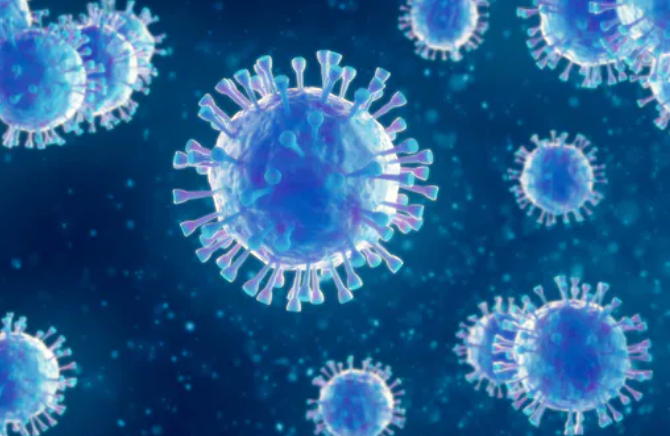*Originally published June 19, 2021

What is it?
It is the B.1.617.2. Variant.
What are variants?
Viruses change through mutations which lead to variants. They can be labeled in three ways: Variant of Interest (VIC), Variant of Concern (VOC), and Variant of High Consequence (VOHC). Currently, there are no variants of high consequence, but there are variants of concern:
B.1.1.7 (Alpha), B.1.351 (Beta), B.1.617.2 (Delta), and P.1 (Gamma)
An extra symptom: the runny nose.
Along with other common symptoms: headache, sore throat, sneezing, fever, etc.
The delta virus originated in India in December 2020 and became the dominant strain in Great Britain. As of July 2020, the delta virus accounts for about 80% of COVID-19 cases.
COVID-19 Wuhan Strand vs New Delta Variant
The delta variant is known to have 1000 times more viral content than other strains. Moreover, unvaccinated people are twice as likely to get sick. Transmissibility is high.
Are vaccines effective against the delta virus?
They are effective against the delta virus; still, breakthrough cases are possible. However, vaccines still teach your body to fight back and hinder hospitalization and death. In the case of the delta virus, vaccines still have high efficacy for older and newer strains!
Sources:
https://www.yalemedicine.org/news/5-things-to-know-delta-variant-covid
https://www.wsoctv.com/news/trending/how-do-you-know-if-you-have-delta-variant-what-are-symptoms/537Q3BWOWJHTVEURXDKWGSHLLQ/
Комментарии